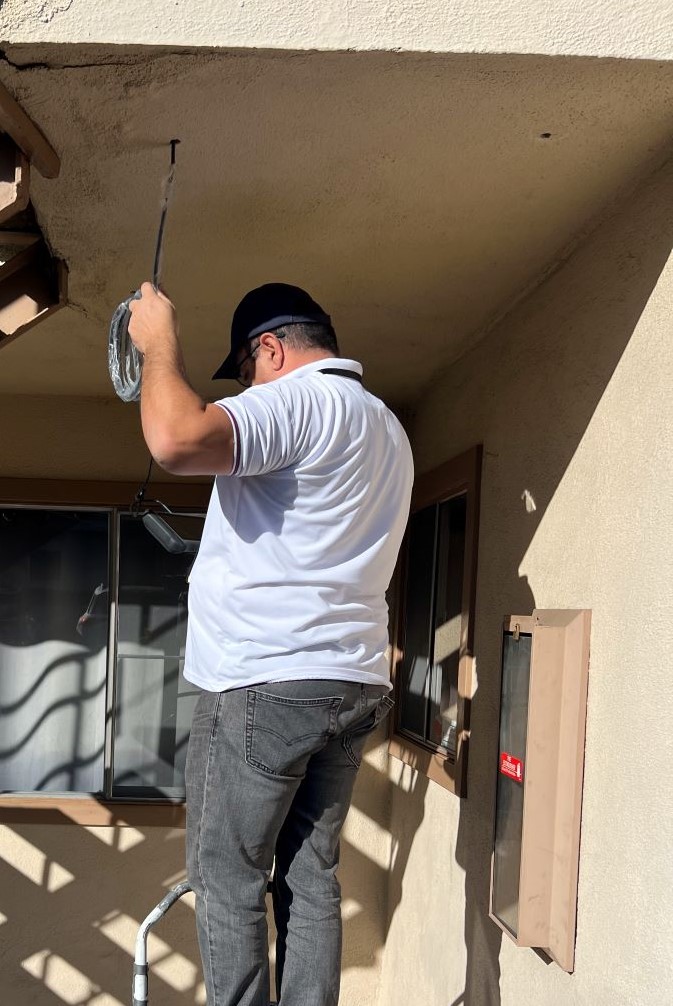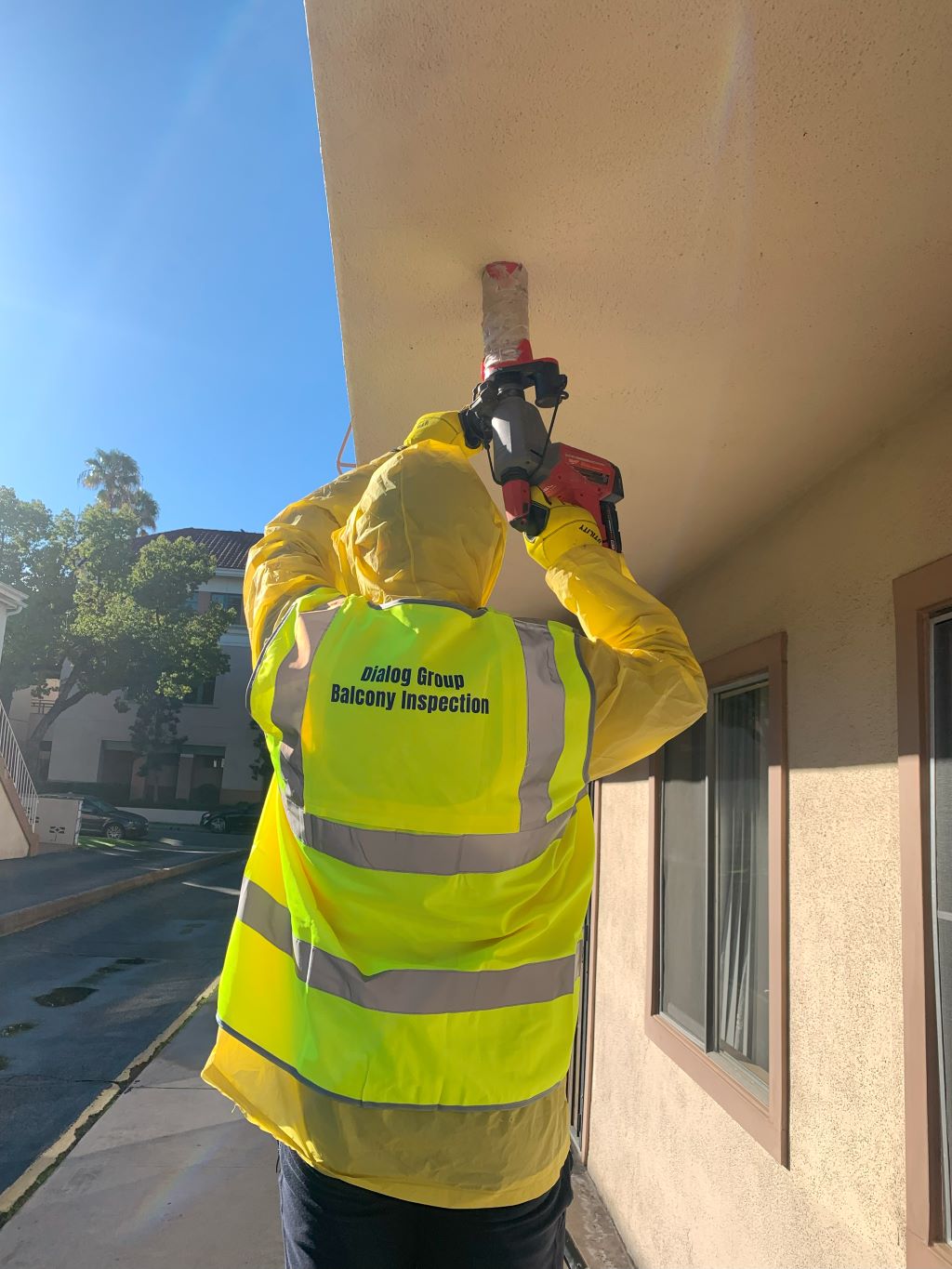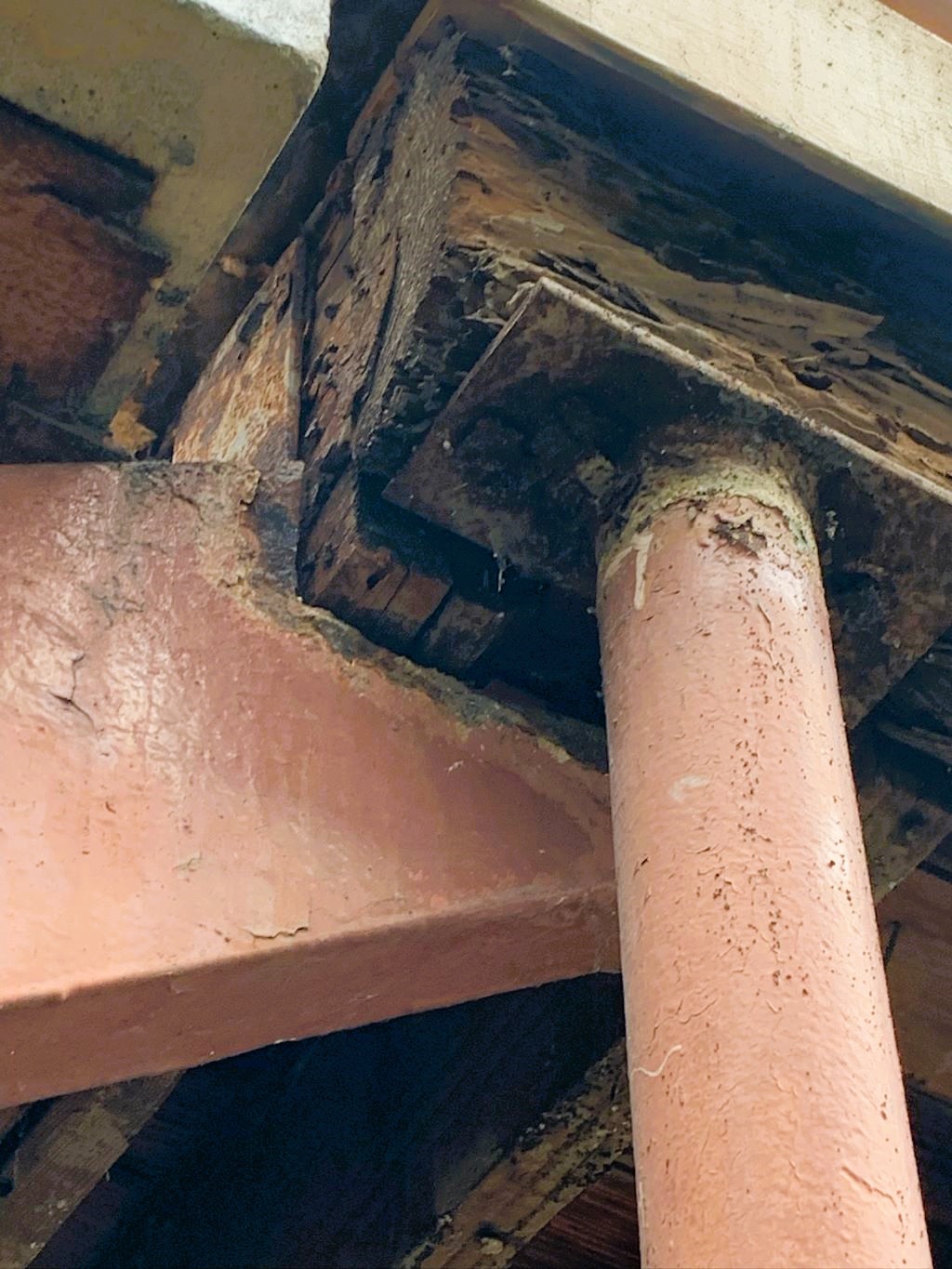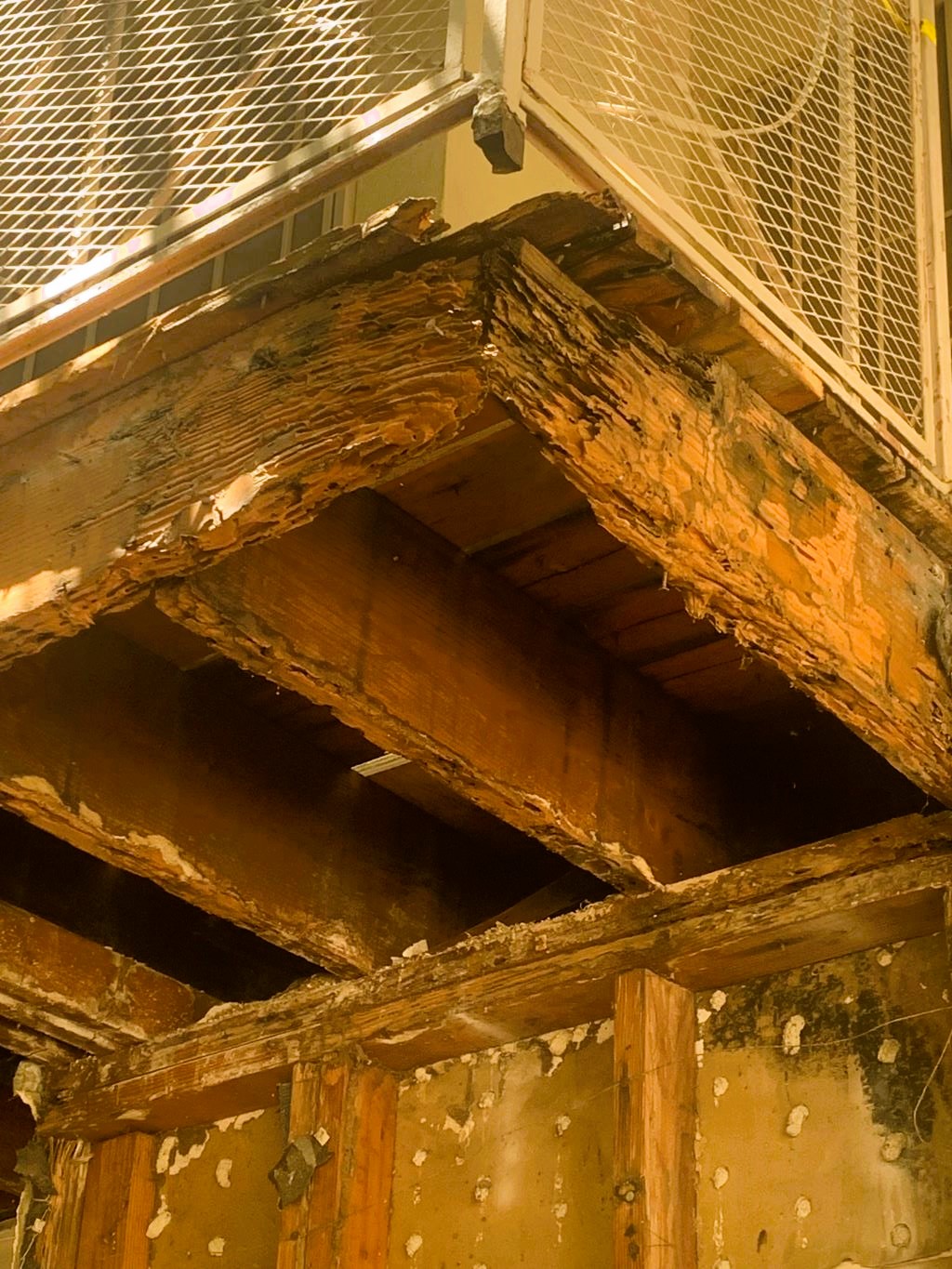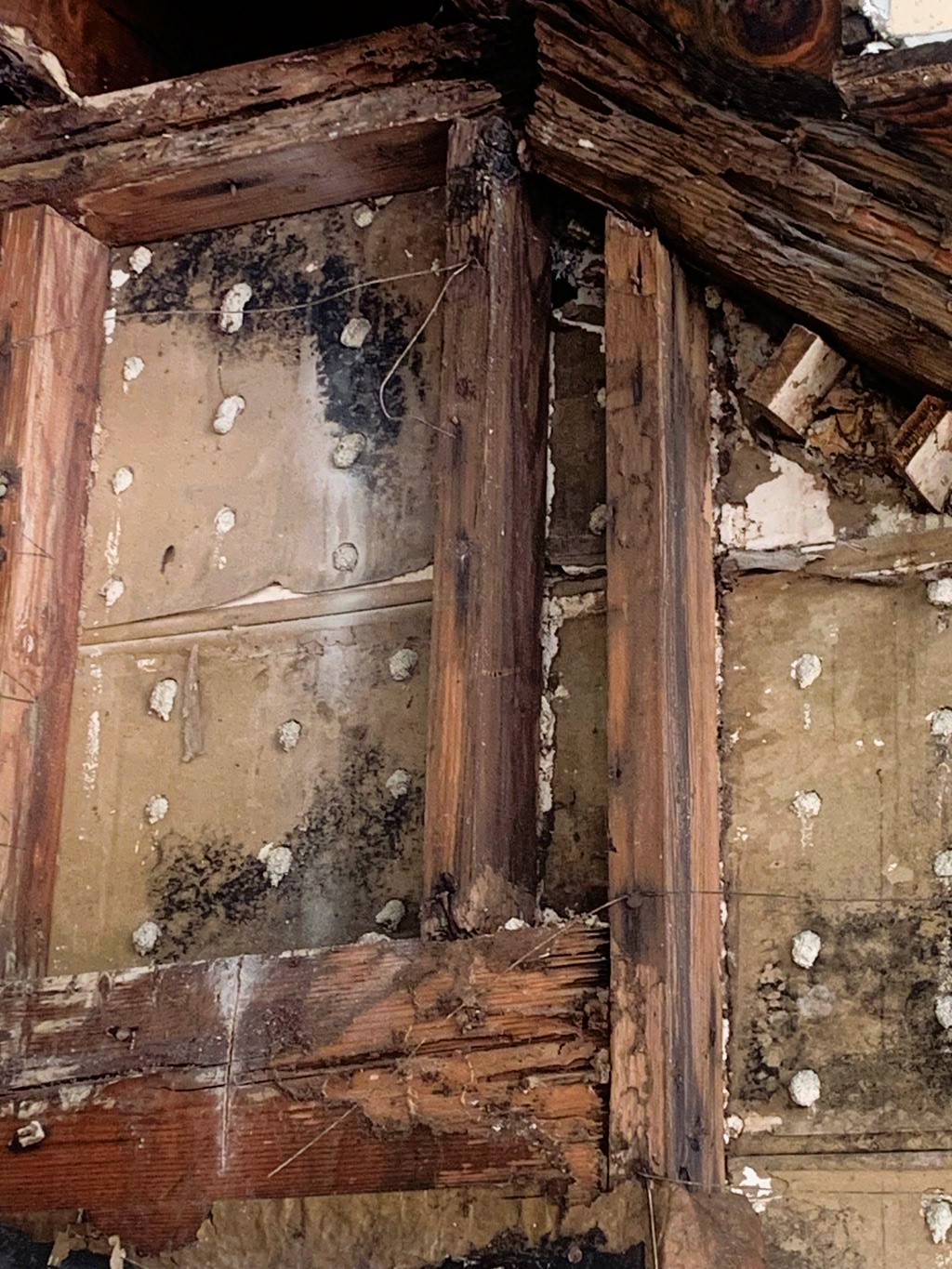California Balcony Inspection Laws
Apartment owners/ managers may be affected by the CA Senate Balcony Law SB-721.
SB (Senate Bill) 721, was signed by Governor Jerry Brown in 2018, in response to the 2015 Berkeley balcony collapse.
SB-721 requires an inspection of exterior elevated wood-framed elements (EEE) and associated waterproofing elements of 3+unit apartment buildings, such as decks, balconies, porches, stairways, railings, walkways, and entry structures, that are elevated over 6 feet above the ground. Their connections to the buildings are also subject to inspection. A minimum of 15% of each type of EEE is required to be inspected.
Inspections must be performed by licensed professionals, such as architects, engineers, building inspectors, or general contractors with class “A,” “B,” or “C-5” license.
The inspection report will provide complete information on the condition, expected service life and repairs (if required) of the EEEs.
According to the law, the deadline for the first SB-721 inspection is January 1st, 2025. Re-inspections must be completed every 6 years. It is also required to complete an inspection before closing an escrow.
Inspection reports for SB-721 must be kept for two cycles, 12 years.
The Inspection
Dialog Group's professional team provides prime-quality balcony inspection services that comply with California Balcony Bills. Contact us for a free estimate.
Our Inspection commences with a FREE site visit and detailed and comprehensive estimate. After the proposal is approved, we will shortly schedule an inspection of your EEE.
There are three general methods we use during balcony inspections.
- Visual, during which our specialists evaluate and assess the integrity of the structure and its accordance with the existing requirements.
- Endoscopic, during which we make a hole underneath your EEE and examine it with an endoscope, moisture sensor, or infrared camera without harming your structure.
- Destructive, during which we remove a small portion of the exterior finish (such as stucco) to uncover the wood framing and thus expose the extent of damage and define the repairs needed. Destructive inspection is performed mainly when damaged or rotten framing is revealed.
After the inspection is complete, we submit the report within two weeks.
If repairs or maintenance are needed, we can also provide a detailed bid with all costs and services included.
The Report
Dialog Group's detailed and comprehensive reports enhance the clients to make knowledgeable decisions regarding their EEEs. Contact us for a free estimate.
If the inspection reveals any issues that require repair, the inspector can classify the repairs under two categories:
- Immediate action required: If the inspector identifies any threats to the life and safety of residents, they must immediately notify the owner within 15 days of issuing the report. It is the owner's responsibility to initiate the repair process. At this point, the owner is required to notify the tenants and, if necessary, restrict access to the area. The owner then must correct the issues within approximately 8 months after the inspection (120 days after the report was issued to get a permit and another 120 days to complete the repairs).
- Repairs required: If the inspector identifies issues that do not pose an immediate threat to the life and safety of residents, the owner is required to correct the issues within approximately 8 months after the inspection (120 days after the report was issued to get a permit and another 120 days to complete the repairs)
Inspection reports must be kept for two cycles.
What Happens if You Don't Comply?
Failure to comply with SB-721 could lead to substantial fines and fees and potential liability in a possible tragic event.
Failure to comply with the immediate repair requirements may have serious consequences for owners. If immediate repairs are not completed within 30 days of filing this report, the local enforcement agency may fine the owner up to $500 per day for every day of non-compliance or enforce liens against the property unless they get an extension. It may also impact the owner’s insurance eligibility, namely, lose their liability protection.
